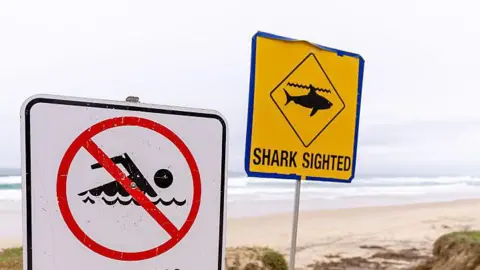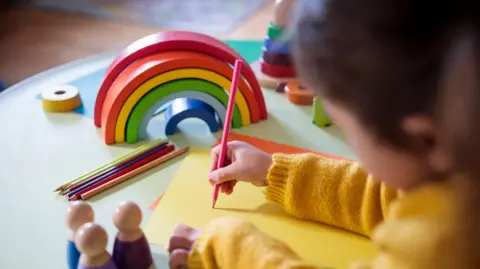Kathleen Folbigg, whose case has been labeled one of Australia’s most significant miscarriages of justice, finds herself at the center of a fierce debate following a meager compensation offer of A$2 million ($1.3 million) for her wrongful imprisonment spanning 20 years. Once seen through a harsh lens as “Australia’s worst mother” due to the tragic deaths of her four infants, Folbigg was ultimately exonerated in 2023. A judicial review highlighted that her children likely perished from a genetic condition rather than foul play.
Initially convicted in 2003 for these deaths, Folbigg had maintained her innocence throughout her ordeal. Her attorney, Rhanee Rego, expressed deep disappointment in the government’s compensation decision, labeling the A$2 million payout as “profoundly unfair and unjust.” Legal experts previously anticipated that compensation for Folbigg could reach as high as A$10 million, considering the profound psychological and social impact of her wrongful conviction.
In a statement, New South Wales Attorney General Michael Daley indicated that the compensation offered was based on extensive review, although details remain private at Ms. Folbigg’s request. Expert opinions underline a stark contrast in remuneration, with comparisons drawn to other wrongful conviction cases; Lindy Chamberlain, exonerated in 1994 after serving three years, received A$1.7 million, which sheds further doubt on the fairness of Folbigg's compensation.
The tragic deaths of Folbigg's children—Caleb, Patrick, Sarah, and Laura—sparked a legal battle rooted in circumstantial evidence that painted her as an unfit mother. Despite receiving a 40-year sentence, later reduced to 30 years, Folbigg's eventual release was prompted by groundbreaking findings that the deaths may have stemmed from rare genetic mutations. Experts and activists now argue that her compensation must reflect not only her years of suffering but also the significant failures of the system that wrongfully imprisoned her. As discussions continue, calls for a fairer resolution echo throughout the legal community and among advocates for justice.




















